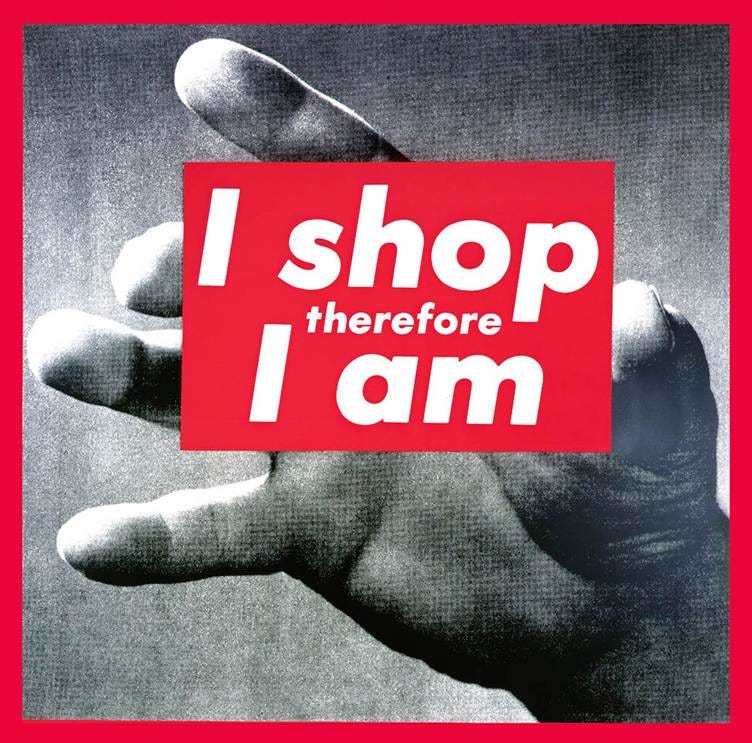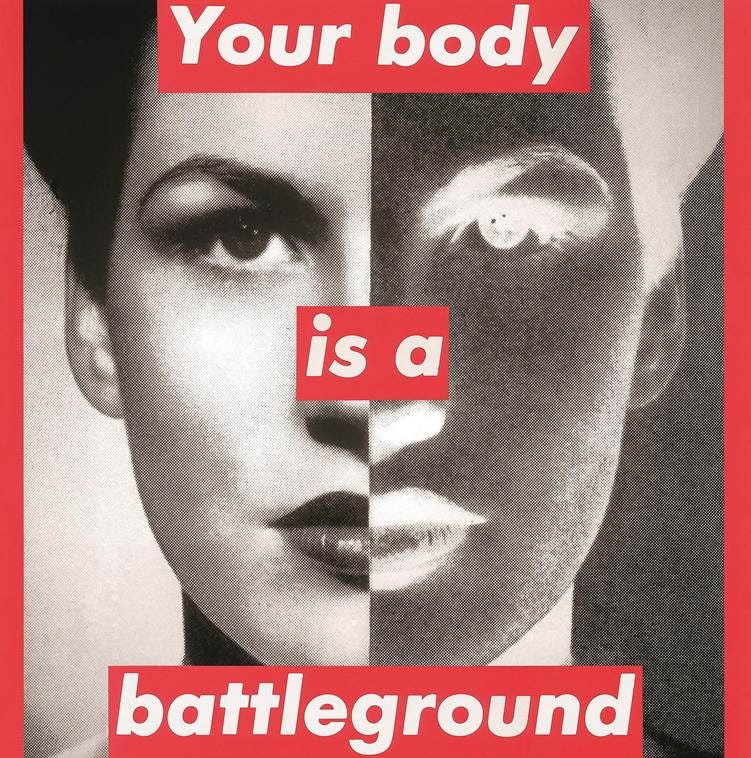Wake, Scroll, Obey
Techno-Feudalism, Personal Edition: Terms and Conditions of My Serfdom
Terms accepted. Cookies enabled. Location shared.
Somewhere between the Uber receipt and the Spotify mix that “gets me,” I stopped knowing what was mine. This is about the systems that make that confusion feel normal.
1. Touch to Continue
My watch nudges me five minutes before the alarm. It doesn’t buzz; it breathes. A pre-coded whisper negotiated between my sleep cycle and some server rack in Iowa. I’ve outsourced my own wake-up call to a machine that claims to know me better than I do.
Google Nest, my smart home assistant, stirs first, a cheerful butler I never hired: today’s weather, a digestible tragedy from the BBC homepage, and a curated Spotify mix “just for me,” built from the 2:14 a.m. doom-scroll I pretended wasn’t happening.
The coffee grinds; Instagram grinds harder. First: a Land Rover gliding through Scottish mudflats, cinematic in a way that makes me forget I’ve never driven. Then (seamlessly) the feed shifts to soft-lit shots of French men lounging on balconies, all dusky skin and deliberately casual posture. The torsos are fine. It’s the arses that hold my attention. It’s a mood board made of muscle and terrain, custom-cut to my subconscious. I haven't spoken to a human yet, but the platforms have checked in.
Tinder clears its throat. I swipe while the kettle hisses. Left, right, right, pause. A moment’s hesitation gets interpreted as romantic interest. I’m not dating — I’m data-entry.
Outside, I run. Strava notarises every kilometre like it’s a deed of ownership. Heart rate, pace, route — each breath converted into a metric, each twitch exchanged for approval from strangers I wouldn’t recognise if we passed on the street.
Back home, towel round my waist, Amazon politely suggests a birthday gift. I don’t even know whose birthday it is. Doesn’t matter. The “Buy Again” button knows.
I shower. Steam clings to the mirror while Maps calculates my bike route to brunch. A Lime bike waits on the pavement like a pixelated pony — rented, obviously, from a hedge fund in San Francisco.
At brunch, we plan a trip to Biarritz without speaking in full sentences. Airbnb tabs open. ChatGPT handles the itinerary. Someone asks what to pack, and we all turn to the algorithm like it’s the wise aunt of the group. We call it convenience. It feels more like submission.
Apple TV’s Severance comes up — again. “It’s just like us,” someone says. We laugh, but not really. The show isn’t fiction anymore. It’s documentary, with better lighting.
A friend mentions the quiet guy from uni, the one who never made eye contact and always smelt faintly of pasta sauce. He’s now Global Director of Strategy at a fintech with three vowels removed. We don’t laugh. We stalk, LinkedIn incognito mode (of course). The profile photo is confident, almost smug. We scroll. We nod. It tracks.
Resident Advisor whispers a rooftop party. Uber appears before anyone confirms. We head East to Dalston, open-air, overpriced spritzes in hand. I toggle from Tinder to Grindr because it’s easier to find sex than clarity. One guy, 20 metres away, sends a “👀.” He might be in the crowd already.
Somewhere under the bass, a different kind of signal breaks through. Every action today (tap, swipe, scroll, search) was rent. Every platform I touched took its tithe, dressed in UX and velvet convenience.
And the thing is: I’ve been tipping generously.
2. The Soft Architecture of Control
I can’t pinpoint the moment I handed in my freedom papers. There was no ceremony. No dramatic “I accept” clicked under duress. Just a slow drip of permissions, politely phrased. Notifications allowed. Location shared. Preferences saved “to improve your experience.”
Now here we are: cloud-serfdom, deluxe edition. Same servitude, softer lighting.
If the old feudal contract was land in exchange for labour, the new one is data in exchange for pseudo-convenience. I let the platforms decide what I see, when I wake, where I eat, who I love. All for the privilege of living in a digital manor I don’t own, but can decorate slightly. Maybe. If I keep my engagement rate high enough.
Amazon, Apple, Alphabet, Meta, Microsoft — we call them platforms, but they’re more than that. They don’t just host the marketplace. They are the marketplace. The judges, the gatekeepers, the toll collectors. You don’t sell, speak, date, or move without crossing their land. And each time, a tithe is taken quietly, in the background, on terms you agreed to without reading.
We used to think capital meant machines and labour. Now it means servers and signals, what Varoufakis calls “produced means of behavioural modification.” That’s what cloud capital is: a factory for human behaviour. You don’t just use it; you train it. You scroll and it learns. You hesitate and it recalibrates. It builds a version of you that’s more predictable than you are — and sells that version to the highest bidder.
3. The Feudal Lords We Don’t See: Living on Leased Land
We’re no longer in a system where companies compete fairly in open markets. Instead, a few powerful tech lords extract value from everyone—like a feudal system where peasants owe dues (tribute) to the lord—only now, it’s all done through modern, corporate tools like PowerPoint decks, quarterly reports, and investor briefings. Five CEOs set the rules behind closed slides. And somehow, we’ve all agreed to be grateful for the chance to participate.
You can’t RSVP to a birthday party without WhatsApp. You can’t hear new music without surrendering your mood to Spotify’s “Daily Mix.” You give up autonomy (your instincts, your hunger, your taste) and get back a smooth, frictionless experience. Bespoke, if by bespoke you mean average plus some vaguely horny ads.
And look, I get it. The perks are real. Sometimes the playlist does slap. Sometimes the Uber does arrive right on time. But the cost isn’t always obvious. It’s not your money. It’s your mind. Your time. Your choices.
Because the real genius of the techno-feudal state isn’t that it coerces you, it’s that it makes you feel like you chose this. That the enclosure of your life into a thousand neat dashboards was your idea. That your dependence is freedom, your screen time is leisure, and your compliance is personality.
We used to know what lords looked like. They had crowns, crests, thrones. Their power was visible, theatrical. Today’s lords prefer hoodies and conference keynotes.
Jeff Bezos builds fulfilment castles that stretch across continents. Mark Zuckerberg governs a digital empire of faces, feelings, and falsehoods. Sam Altman speaks softly but deals in prophecy, selling glimpses of the future in monthly tokens. And Elon Musk rules like a medieval baron gone rogue: mercurial, self-mythologising, dangerous because he can be.
They don’t issue decrees, they ship updates.
They don’t tax your wages, they harvest your attention.
Their names became the apps, and the apps became verbs. Their weapons are defaults, and their faces aren’t in history books — they’re in your screen-time report, your recommendation queue, your “For You” tab.
You didn’t vote for them. But you live on their land.
4. The Price of Being Predictable
1. Choice → Behaviour as Rent
Spotify’s Daily Mix plays me better than I play myself. One well-timed track, one sigh, one “skip back 10 seconds” — and suddenly the machine knows I'm lonely. Knows I’m yearning. Knows I’ll listen to six more melancholy bops and call it healing.
Each play trains it further. It refines the version of me that gets sold. That version makes a label 0.003p. Makes Spotify a few million. And somewhere in the shadows, an advertiser nods and thinks: "Ah, Thursday night sadness — he’s ready to buy.”
I think I chose the song. I didn’t. I chose to be predictable.
2. Voice → Speech as Permissioned Privilege
Instagram doesn’t ban queer bodies — it buries them. Just like it buries Black joy that’s too loud, fat bodies that won’t shrink, protest footage with the wrong flag. Visibility is rationed. And the algorithm decides who’s palatable enough to promote.
Tinder’s pricing model makes queerness surge-priced. Love now comes with dynamic pricing. £7.99 to speak first, £14.99 to be seen at all. Gay love is now peak-hour traffic. The rest of us wait in the algorithmic back room, blinking in low-res, hoping someone’s into pixelated charm.
It’s not censorship.
It’s market logic in drag.
3. Time → Labour Without Clock-Out
I run to feel free. Strava thinks I’m working. My heartbeat becomes a breadcrumb trail for city planners. Lime tracks my route and sells it to a consultancy that calls it “urban mobility insights.” I call it my Saturday.
The data never sleeps. I do. The apps are still running, even when I’m not. They’re monetising the moments I forgot to encrypt.
5. Reflection: Soft Surveillance, Hard Truths
I queue at Tesco. Face ID pays before I even remember the PIN. It feels less like convenience, more like consent I forgot I gave. At 6 a.m., Uber scoops me from The Pickle Factory, driver’s stereo piping back my own “Liked Songs” like a mirrorball — Spotify humming my emotional state before I’ve even felt it.
Then Creep plays.
Not the original — the choir version, slow and guttural, like repentance echoing off cathedral walls.
A thousand voices, one confession:
“What the hell am I doing here?”
Once, that line was private. A loner’s whisper. Now it swells as a communal chant, stripped of irony, unprotected by guitars. The loneliness isn’t yours alone. It’s ours. Systemic. The choir reveals the scaffolding — that alienation is no longer an accident. It’s design.
We float like feathers, scrolling through beautiful worlds we don’t belong to.
“I wish I was special.”
We are told we are — in bios, in metrics, in likes. But it’s a lie padded in UX.
Because behind every recommendation is a reduction. Behind every feed, a formula. And behind every feeling, a forecast.
You're not the user. You're the used.
“I want a perfect body. I want a perfect soul.”
The platforms promise both, if you just keep scrolling.
But desire is never meant to be satisfied here — only harvested, forever just out of reach.
They don’t kill your yearning. They monetise it.
And still, we whisper the line.
“But I’m a creep. I’m a weirdo.”
Because something deep down knows: we’ve been flattened into caricatures of ourselves. Categorised. Stacked on servers. Priced.
We don’t belong here. But we’ve made a home anyway.
There’s no manifesto that follows.
No five-point plan. No exit button.
Just the ache of recognition. The slow throb of dread.
Maybe next Saturday I’ll try silence.
But the algorithm will notice.
And it will invoice accordingly.
P.S. If this piece made you feel something (even a little) I’d appreciate it if you shared it with someone you think might feel it too. Or leave a comment. Or just like it so I know I’m not whispering into the void. You know… standard digital intimacy.




